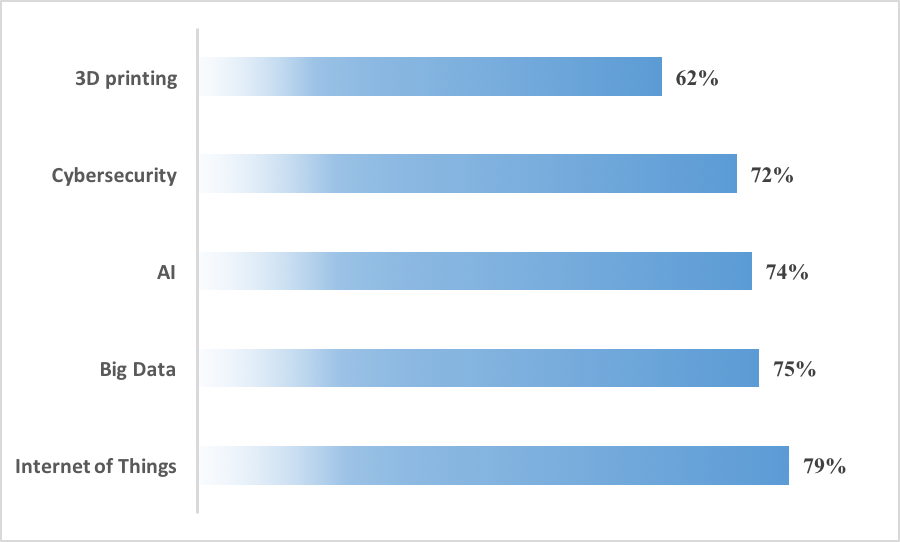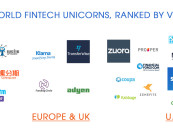
Digital Disruption Survey: 70% of Singaporean are interested in Blockchain Training
by Fintech News Singapore February 8, 2018According to new research released by professional services and training provider ComtelPro, nearly nine in 10 (89 percent) Singaporean employees say they would be interested in up-skilling in emerging technologies in order to succeed in an increasingly digital workplace.
Almost half of the Singaporean employees (48 percent) believe that they need to adapt their current skills and experience in order to embrace digital and technological change over the next five years.
ComtelPro commissioned the consumer insights research to better understand how Singaporeans view their employment prospects in the digital age, as well as the impact of digitalization and new technologies in the workplace.
The technologies selected for the research included 3D Printing, Artificial Intelligence (AI), Blockchain, Big Data, Cloud Technology and Cybersecurity, among others.
“It is evident from our research that while a considerable number of Singaporeans are concerned with the current shift into the digital era, they also see these developments as an opportunity to evolve. Businesses today need to facilitate this by ensuring their employees are prepared to receive and work with these new technologies,”
said Satish Kosaraju, authorized representative of ComtelPro.
“It is no secret that retaining top talent is a challenge for many companies, and so, providing employees the opportunity to up-skill not only prepares them for challenges ahead, it also assures the workforce that the company is invested in them and their mutual progress.”
Blockchain has emerged as one new technology in which the availability of training does not yet match the demand from Singaporean employees.
70% interested in Blockchain Training
Close to 70 percent of employees were interested in Blockchain training while 65 percent also believe it could lead to job displacement within the next five years. Only 16 percent of employees were aware of their current company offering education or training programmes in the distributed ledger technology.
Singapore employees were also interested in training/education in cloud technology (80 percent), followed by the Internet of Things (79 percent), Big Data (75 percent), AI (74 percent), Cybersecurity (72 percent) and 3D printing (62 percent).

Singapore employees interested in training/education
The research findings also highlighted that approximately one in three (32 per cent) Singaporeans believe digital and technological change over the next five years could lead to potential job displacement.
“For many, the advancement of automation and digitalization brings a sense of uncertainty, as they feel their role may be affected by the emerging technologies’ increasing efficiencies,”
said Kosaraju.
“However, our research has highlighted that Singaporeans have a strong appetite for up-skilling and learning to embrace digital change despite some uncertainty around whether their companies and industries can currently provide the right training roadmap or design.”
ComtelPro’s research also defined which particular employee skills are expected to be in demand within the next five years. Data analytics (43 percent), the understanding of digital technology (42 percent) and digital communications (41 percent) emerged as skills expected to see a ‘’significant increase’’ in demand.
ComtelPro’s professional service offerings and training are purpose-built to support businesses in an increasingly digital world. Specialising in industries such as finance, logistics, manufacturing and operations, ComtelPro provides specialized training solutions for both new and existing employees while also partnering with businesses to secure top talent & providing professional services.
Through its understanding of how technology will impact industries in the future, ComtelPro works with customers to explore emerging technologies and the required skillsets within their business.
These results are achieved through an experienced recruitment team and in-depth local market knowledge, long-standing relationships with key customers and a partnership model that delivers savings and induces stability.







